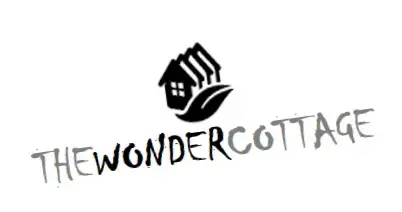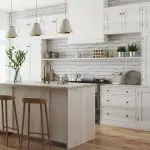Bathrooms and kitchens have a great deal in common. Not only are they the two most frequently renovated areas in a home, but they also have countertops as a central element in both. Another feature that kitchen and bathroom surfaces have in common is moisture.
Because water is always present near sinks, the type of surface that can be used for these countertops is limited. Spills, hot objects, and scratches from knives and other tools can cause a lot of wear on Kitchen Benchtops. Porous and non-durable materials like wood or laminates are not ideal alternatives for countertops, but there are other great options available.
Stone Benchtops/surfaces make the best countertops.
Can stone countertops be painted?
You may, but, you should set aside some time to formulate a plan for any painting project. With the right primer, paint, and sealer, you can liven up any area in your house. The stone in your bathrooms, kitchens, backsplashes, fireplace surrounds, coffee bars, and more can be painted.
How to clean stone countertops
To clean your Stone Kitchen Benchtop, use a moderate detergent or mild dish soap. If spills or sticky residue occur, clean them up as quickly as possible to avoid stains. Clean your Stone Benchtop with a glass or surface cleaner for tougher and dried-on messes.
For unsealed stone take the following steps:
- To remove any liquid spillage, wipe the stone with a lint-free towel slightly wet with water. Take care not to dry the stone’s surface while the substance is still on it; only absorb or remove the surplus liquid.
- Sweep the surface of the stone with a soft brush to remove any dry particles, dust, or dirt. To avoid scratching the stone, avoid using a beater bar or other abrasive equipment.
- Directly on the granite, spray a neutral pH cleaner or stone cleaner. Use the stone cleaner spray immediately on any surfaces that have come into contact with spills or liquid products.
- Work the stone cleaner into the stone with a dry, lint-free cloth, washing and drying the granite surface at the same time. Circulate the cloth over the stone in a circular motion, squirting more cleanser on any dry places. After you rub the stone, the cloth should be slightly dampened, but the stone should be dry.
Which stone is best for countertops?
Stone is not only long-lasting and well-suited to the job, but it’s also a lovely decorative feature. Large slabs of stone are perfect for countertops, and high-quality stone can even raise the value of a home.
When it comes to constructing or upgrading a home, there are hundreds of different varieties of stone to pick from, but which one is ideal for benchtops?
Here are the top five.
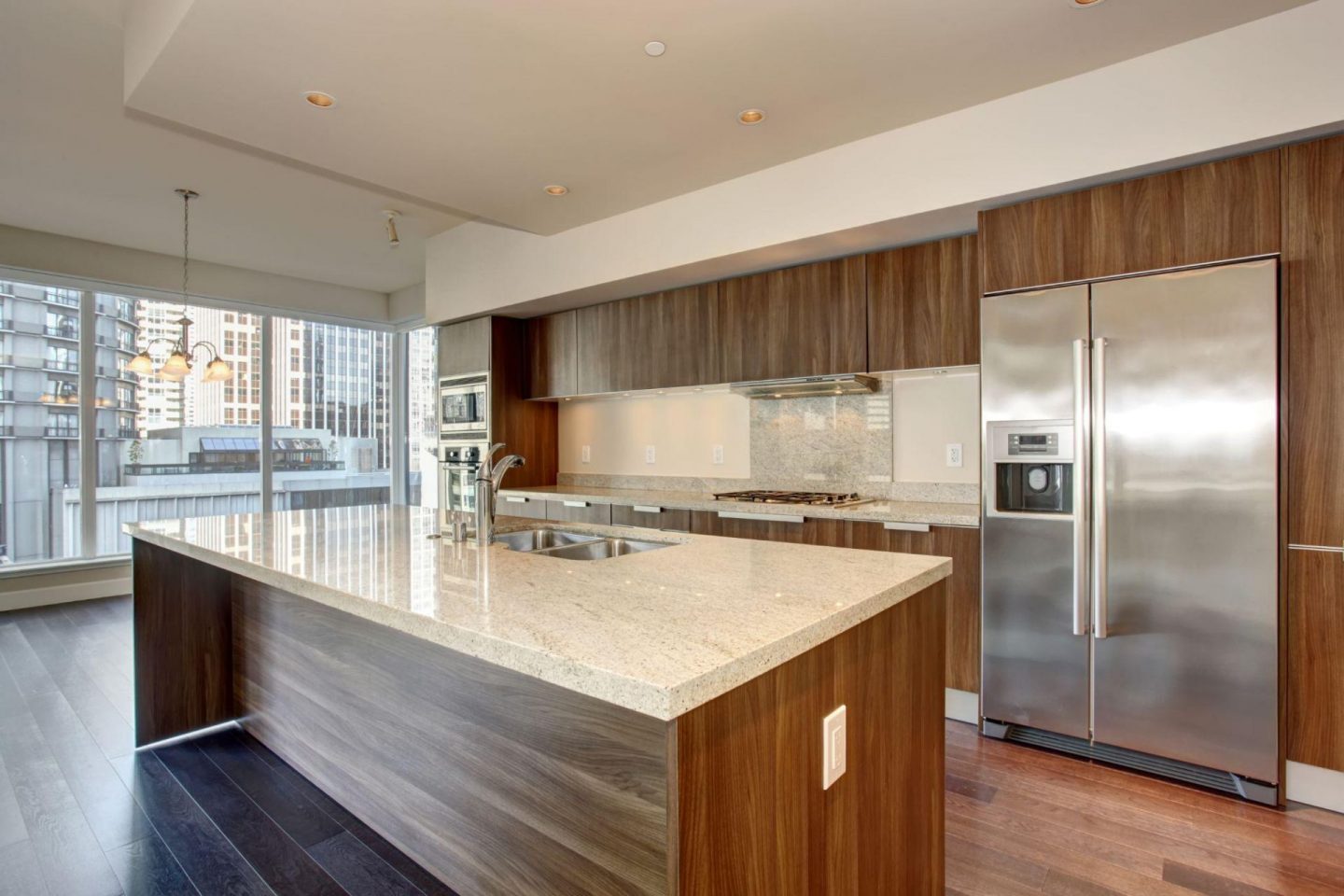
Granite
Granite is mentioned first, which will come as no surprise to those familiar with interior design. Because of its beauty and durability, granite has long been the preferred choice of designers and builders for countertops. Simply put, there is no better natural stone countertop option.
Granite, which was once virtually exclusively seen in high-end homes due to its expensive cost, has become the “go-to” stone for benchtops. Granite slab supply and the number of alternatives have increased in recent years. Nonetheless, it retains its status as a high-end alternative. Granite is synonymous with elegance, and its presence on islands or other worktops can instantly boost a kitchen’s design.
Granite slabs are available in a variety of hues and shapes (Avant Stone carries eleven gorgeous varieties). As a result, it can go with practically any kitchen or bathroom design.
Granite is an igneous rock that forms naturally deep inside the Earth’s crust when minute particles of quartz and feldspar fuse together under intense pressure and temperatures above 2300° F. This gives granite its distinctive speckled or mottled look, which serves to hide seams, as well as its exceptional hardness and heat resistance.
Granite slabs should be sealed before they are utilized as a Stone Benchtop. This will seal any small gaps or pores, making it safe to use for food preparation and discoloration prevention. Granite Benchtops, like marble, should be re-sealed regularly, preferably once a year.
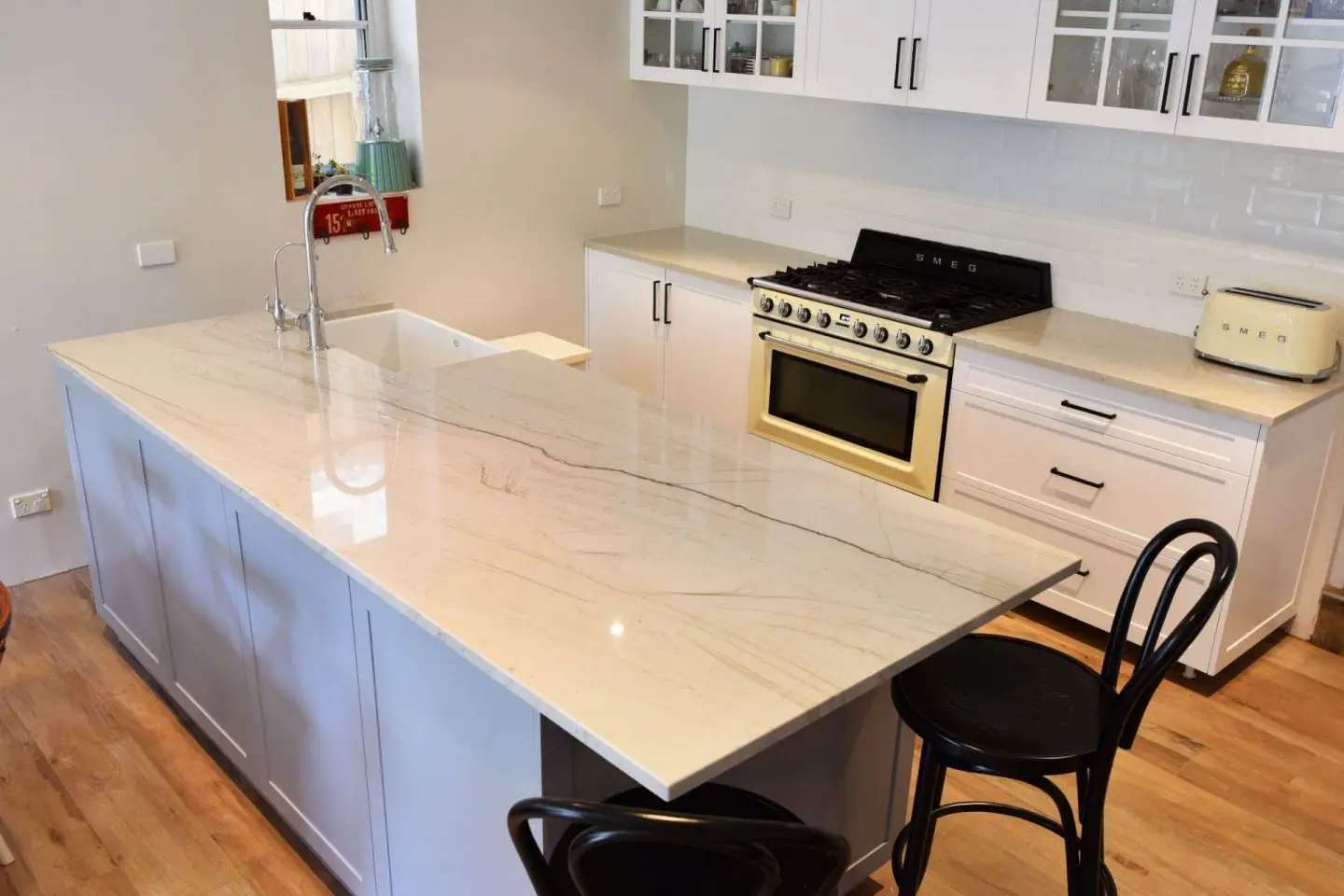
Quartzite
Quartzite, like granite, is a naturally occurring stone that provides beauty as well as long-term durability to countertop surfaces. Quartzite (not to be confused with quartz, which is a metamorphic rock formed naturally when quartz sandstone is subjected to the same extreme pressures and temperatures as granite) is a metamorphic rock formed naturally when quartz sandstone is subjected to the same extreme pressures and temperatures as granite. Individual quartz grains and cementing ingredients re-crystallize creating a smooth, glassy mosaic. The quartzite may be tinted by impurities and cementing materials in the original sandstone, resulting in marble-like streaks.
Quartzite offers one important advantage over granite as a natural stone surface alternative. It has a higher density, making it more resistant to scratching, staining, and chipping. The fact that it resembles marble adds to this benefit since many people still regard marble to be the most opulent stone countertop option.
Quartzite benchtops, like granite, need to be sealed regularly but require little else.
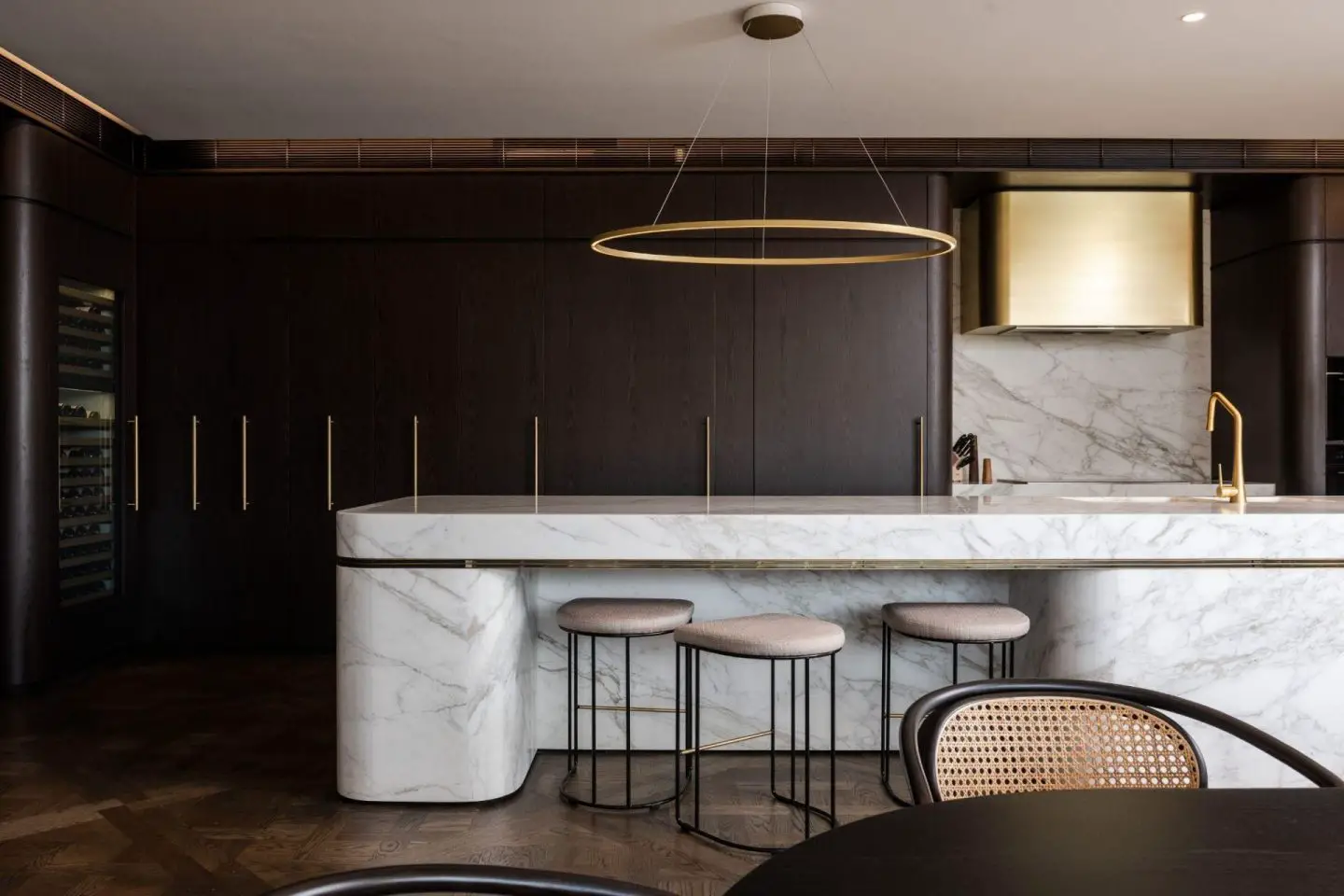
Related Posts
Marble
Marble is included since it is seen as a high-end design option. Marble has long been associated with grandeur, having been employed in classical sculptures and as an upmarket building material.
Marble is a metamorphic rock that forms naturally when limestone or dolomite is subjected to tremendous pressure in the Earth’s crust. Marble’s impurities allow it to form in a wide range of hues and styles (Opustone offers over 250), adding to its appeal as a design element.
Marble Benchtops, despite their popularity, are not as durable as the other options. It is porous, leaving it particularly vulnerable to stains if not sealed regularly. It is also less hard than dolomite, granite, or quartzite, making it more susceptible to scratches and chipping.
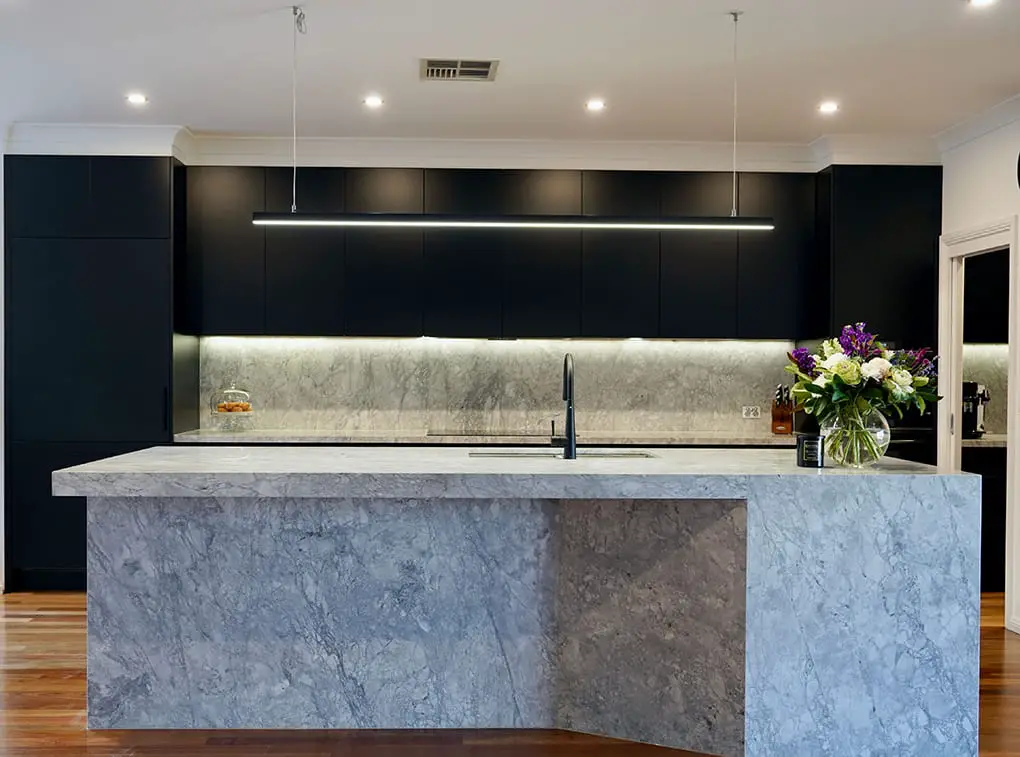
Dolomite
Dolomite, a lesser-known stone that is steadily gaining appeal as a more durable and less expensive option than marble, completes the triad of best Natural Stone Benchtops. Although the mineral dolomite is a large portion of the stone’s makeup, it is commonly referred to as “dolostone.”
Dolomite is a sedimentary rock that formed spontaneously when limestone comes into touch with magnesium-rich groundwater and undergoes a chemical transformation, unlike granite or quartzite. It comes in white or grey tones and frequently has streaks that make it look more like marble than quartzite.
This is significant because, while not as hard as granite, dolomite is substantially tougher than marble, making it a more scratch- and chip-resistant alternative.
Although dolomite comes in a variety of colors, its utility as a marble substitute is limited due to its lack of color variation. Dolomite Benchtops, like other natural stone alternatives, need to be sealed regularly to avoid stains.
Engineered Stone
Although we’ve focused on Natural Stone Benchtops so far, no list would be complete without mentioning engineered stone surfaces. These surfaces, unlike genuine stone, are made expressly for use as countertops, making them preferable to stone in various aspects. There are a variety of engineered stone options to explore as well.
Quartz is the most common countertop material, which is made up of loose quartz particles held together by resin. It is tougher and more flexible than quartzite, making it practically unbreakable, with superior resistance to scratching, cracking, and chipping than any of the natural stones described above. They are available in a range of colors, and some types are even manufactured to look like marble, although they are normally white. Quartzite is more durable overall. They are outperformed by quartzite in one area: heat resistance. Because the resin in Quartz Benchtops might melt at higher temperatures, caution is advised. Quartz Benchtops’ resin may melt at higher temperatures, so use caution when using hot pots and pans.
Porcelain is the most ancient of the engineered stone surfaces, and it is now available in practically every design, color, and texture imaginable. Porcelain is incredibly durable and, because it is made with extreme heat, it is also extremely heat resistant.
Sintered stone is one of the newest and most fascinating types of porcelain on the market. Sintered stone is essentially porcelain that has been liquefied and then shaped into practically unbreakable slabs or tiles.
Lapitec, the most common type of sintered stone, comes in a range of hues and textures and may be made to seem like marble slabs or granite slabs. It is without a doubt the most durable surface listed here, if not the most durable surface accessible in general. It is heat, scratch, and stain-resistant, and it can also be used as outside cladding because it does not fade or yellow in the sunshine. The nicest thing about Sintered Stone Benchtops is that the color is consistent throughout, just like actual stone. As a result, the edges and bevels of the countertop maintain the look of the rest of the countertop.
